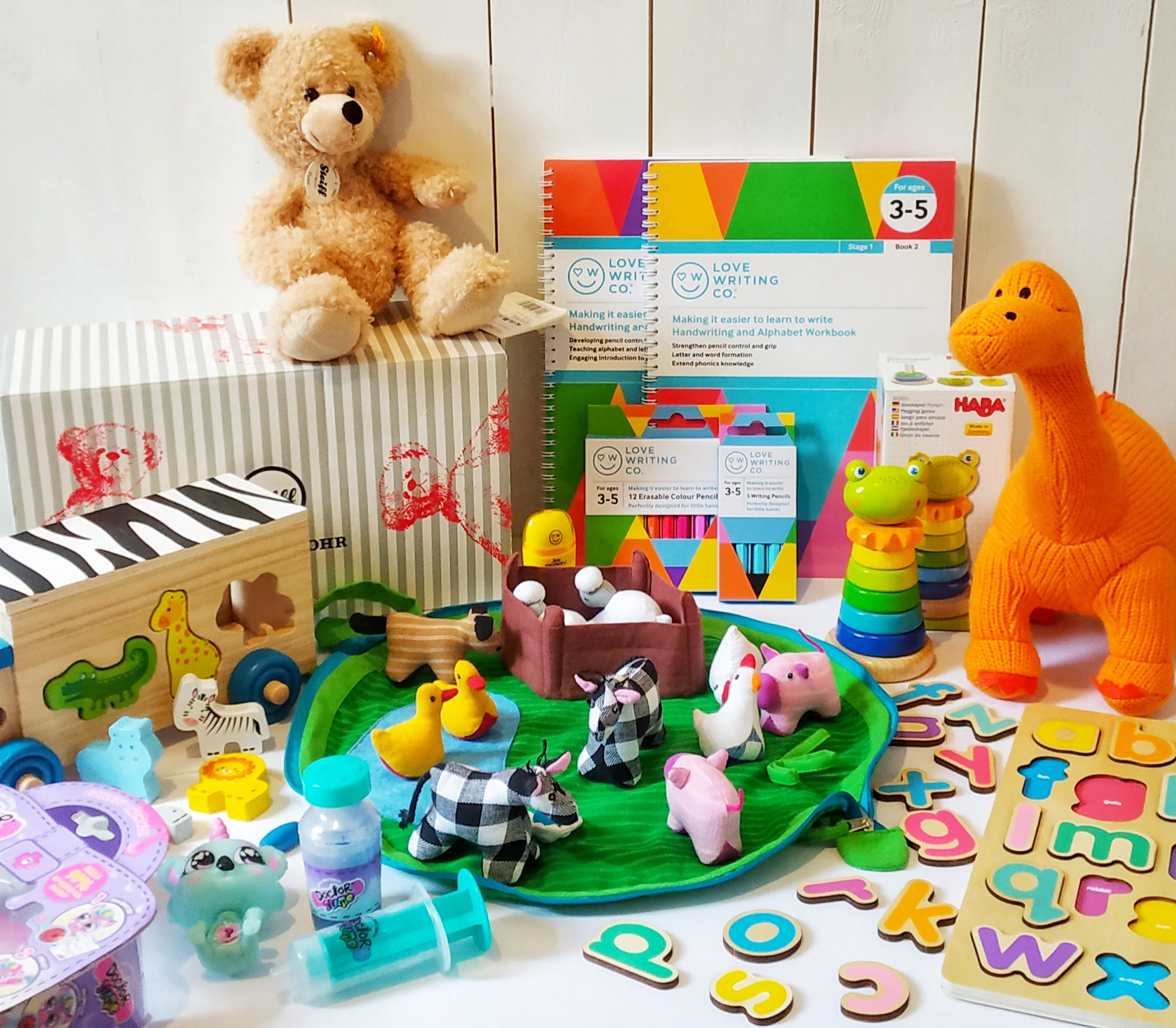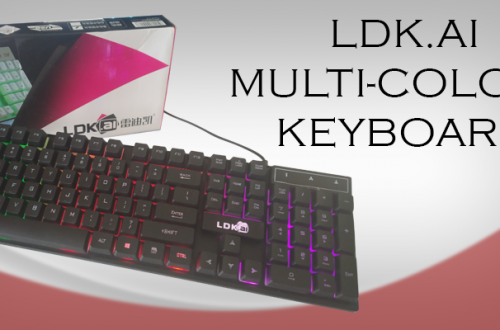
Engineering Gaming PCs for Beginners: A Fun Guide to Your Dream Setup
Are you a gaming enthusiast eager to dive into the world of building your own gaming PC? You’re in the right place! In this friendly guide, we’ll walk you through the essentials of creating your perfect gaming rig. Whether you’re a newbie or just looking to upgrade, engineering gaming PCs can be a rewarding and exciting adventure. Let’s get started!
What is a Gaming PC?
First things first, what exactly is a gaming PC? Unlike standard computers, gaming PCs are specifically designed for high-performance gaming. They come equipped with powerful processors, high-quality graphics cards, ample RAM, and efficient cooling systems. If you want to experience the latest games at their best, investing in a gaming PC is the way to go!
Why Build Your Own?
Building your own gaming PC gives you the freedom to customise every component according to your needs and budget. You can select parts that offer the best performance for your favourite games, ensuring a smooth and enjoyable experience. Plus, there’s something incredibly satisfying about assembling it yourself. Who doesn’t love the feeling of accomplishment when you power it on for the first time?
Key Components of Gaming PCs
When engineering a gaming PC, there are several key components you need to consider:
- CPU (Central Processing Unit): The brain of your gaming PC. Look for processors with multiple cores and high clock speeds. Popular choices include AMD Ryzen and Intel Core series.
- GPU (Graphics Processing Unit): This is the heart of your gaming experience. A powerful GPU is crucial for rendering graphics smoothly. Nvidia GeForce and AMD Radeon are top contenders in the gaming world.
- Motherboard: The backbone of your PC, it connects all components. Make sure to choose one that’s compatible with your CPU and has enough ports for your needs.
- RAM (Random Access Memory): Aim for at least 16GB of RAM for smooth multitasking and gaming performance. If you plan to stream or run multiple applications, consider upgrading to 32GB.
- Storage: You’ll need both speed and space. An SSD (Solid State Drive) is essential for faster load times, while an HDD (Hard Disk Drive) can provide extra storage for your games and other files.
- Power Supply Unit (PSU): Don’t skimp on this! A reliable PSU ensures your components receive stable power. Look for one with a good efficiency rating.
- Cooling System: High-performance components generate heat. Invest in quality cooling solutions, such as air coolers or liquid cooling systems, to keep your gaming PC running smoothly.
- Case: Choose a case that fits your components and allows for good airflow. Aesthetics matter too—pick one that reflects your style!
Putting It All Together
Once you have all your parts, it’s time to assemble your gaming PC! Follow online tutorials or watch YouTube videos for step-by-step guidance. Don’t rush; take your time to ensure everything is connected correctly. When you finally hit that power button, you’ll be greeted by the sweet sound of success!
Conclusion
Engineering gaming PCs may seem daunting at first, but it’s a fun and fulfilling project that can enhance your gaming experience. By carefully selecting your components and following a few simple steps, you’ll have a powerful machine tailored to your gaming needs. So grab your tools and get ready to build the gaming PC of your dreams!
Until next time.




